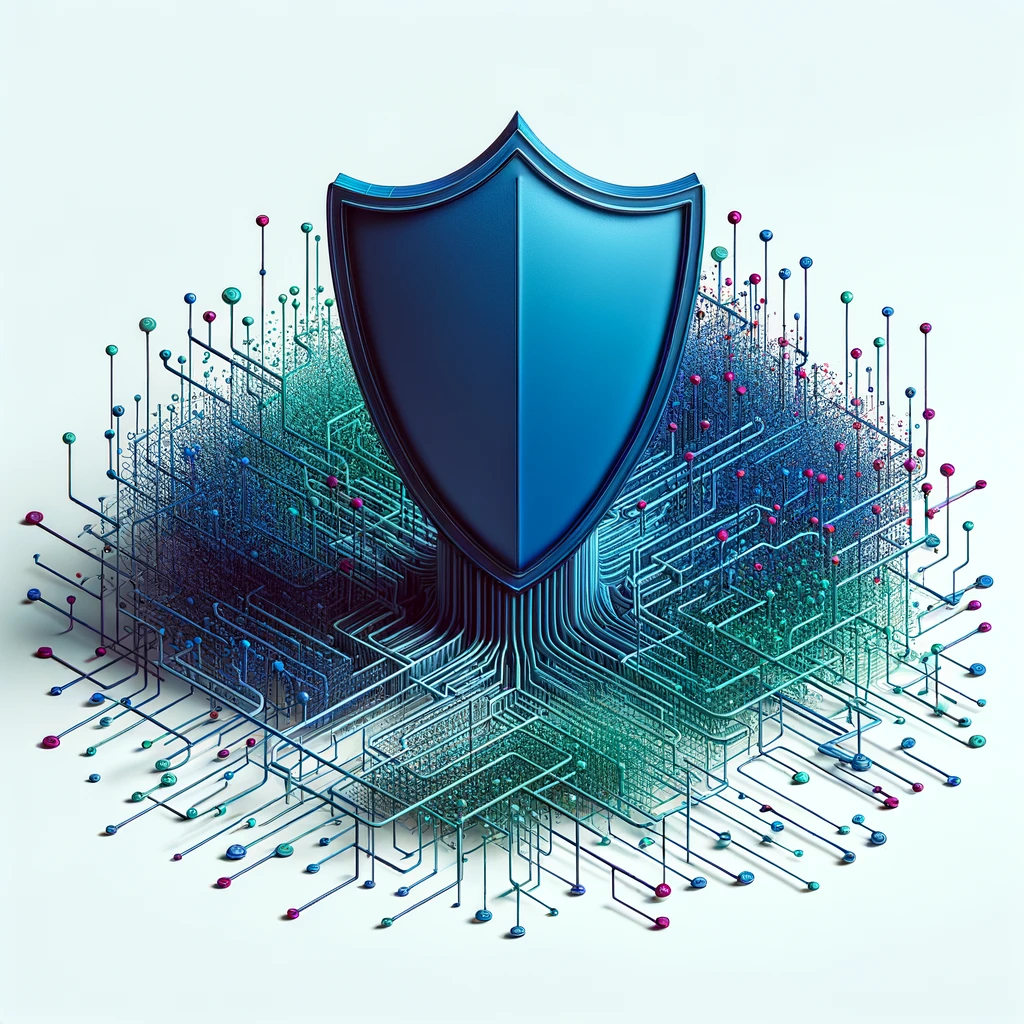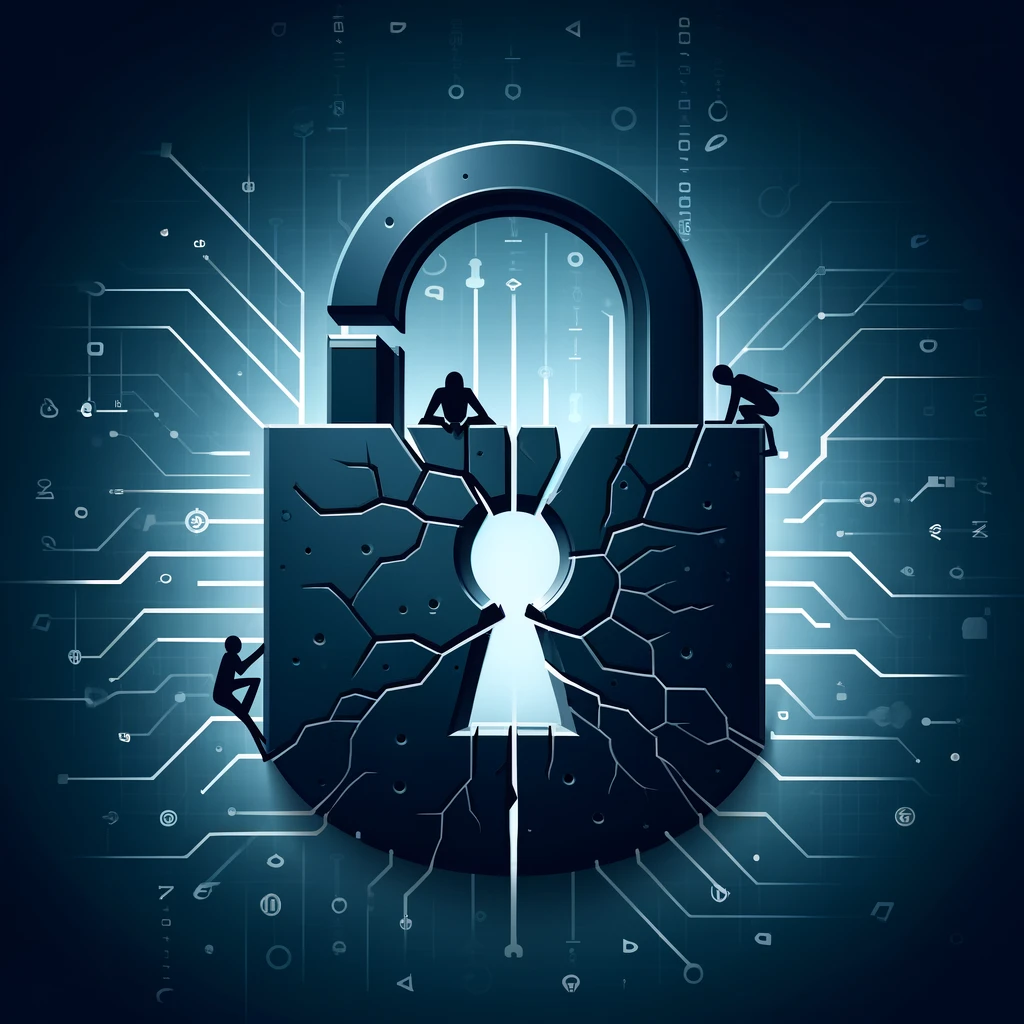In today’s digital age, the cybersecurity threats facing small to medium-sized businesses (SMBs) are more frequent and sophisticated than ever before. Over the years, we have seen first-hand how businesses can become vulnerable when they rely on a single cybersecurity solution, which is the equivalent to “putting all your eggs in one basket”. A single mishap, miscalculation, manufacture vulnerability, lack of awareness or knowledge, staffing could compromise your business.
What is Multi-layered Security?
Multi-layered security is all about using different kinds of security measures across various levels—such as your physical setup, networks, devices, apps, and data—to keep your systems safe. The combination of an offensive & defensive strategy promotes better response times when protecting things such as firewalls, anti virus/malware programs, and encryption. This way, if one layer fails, others still stand guard. Staying on top of new threats and educating everyone who uses the system is key. This approach really strengthens your defense against cyber threats, making sure there’s always a redundant plan in place.

Single Point of Failure
Relying on a single cybersecurity solution, like just a basic firewall, or a single anti-virus is risky business as it creates a single point of failure. If hackers breach this defense—perhaps through a zero-day exploit where they exploit an unknown vulnerability—there will not be any additional safeguards to prevent further intrusion. The consequences of such a breach can be dire, including significant data loss, financial ruin, and serious damage to the company’s reputation. Recovery from such an incident could be costly and time-consuming, potentially disrupting operations and leading to substantial revenue losses.
Evolving Threats
Cyber threats are constantly evolving, making yesterday’s security solutions potentially obsolete today. Hackers are always crafting new methods to sidestep established defenses. Consider the example of ransomware: newer variants are now capable of slipping past traditional antivirus programs that were designed to detect older versions. This underscores the importance of a multi-layered defense strategy that incorporates advanced threat detection and behavior monitoring. Such adaptive security systems are crucial as they continually update and evolve to pre-emptively tackle these ever-changing threats, thereby providing more comprehensive protection.


Limited Scope of Protection
Different cybersecurity tools are designed to guard against specific types of threats, meaning no single solution can provide complete protection. For instance, while antivirus software is essential, it may not shield your business from phishing attacks, insider threats, or data leaks due to human error. This highlights the necessity of a layered security strategy. By employing multiple security measures, you ensure that if one tool fails, others are in place to fill the gap, thus offering comprehensive coverage across various threat vectors.
Compliance and Regulatory Requirements
Navigating the legal aspects of cybersecurity is crucial, especially in industries like healthcare, where strict regulatory standards like HIPAA demand robust protection measures beyond basic encryption to safeguard patient data. Non-compliance can lead to severe fines and legal repercussions. More than just avoiding penalties, maintaining compliance is essential for preserving customer trust and protecting your company’s reputation, highlighting why it’s critical to implement multiple types of cybersecurity measures.


Lack of Redundancy and Flexibility
As your business expands, so too do your security needs. A single cybersecurity solution may lack the flexibility and robustness required to scale with your growing operations. For example, a business that begins offering new online services or significantly expands its data storage will find that a singular security measure might not adequately handle the increased load or new types of data being processed. Adopting a multi-layered security approach allows your systems to adapt strategically to new technologies and expanded needs, ensuring continuous protection without compromising on security.
Relying solely on one cybersecurity solution is a risky strategy that could leave your business vulnerable to a wide range of threats. Implementing a layered security approach is not just about enhancing your defensive capabilities; it’s about ensuring the continuity and success of your business in the face of cyber threats.
We encourage every business owner to evaluate their current cybersecurity strategies critically. Consider consulting with cybersecurity experts who can help design and implement a robust, multi-layered security system tailored to your specific needs. Remember, in the world of cybersecurity, more layers mean more peace of mind.










